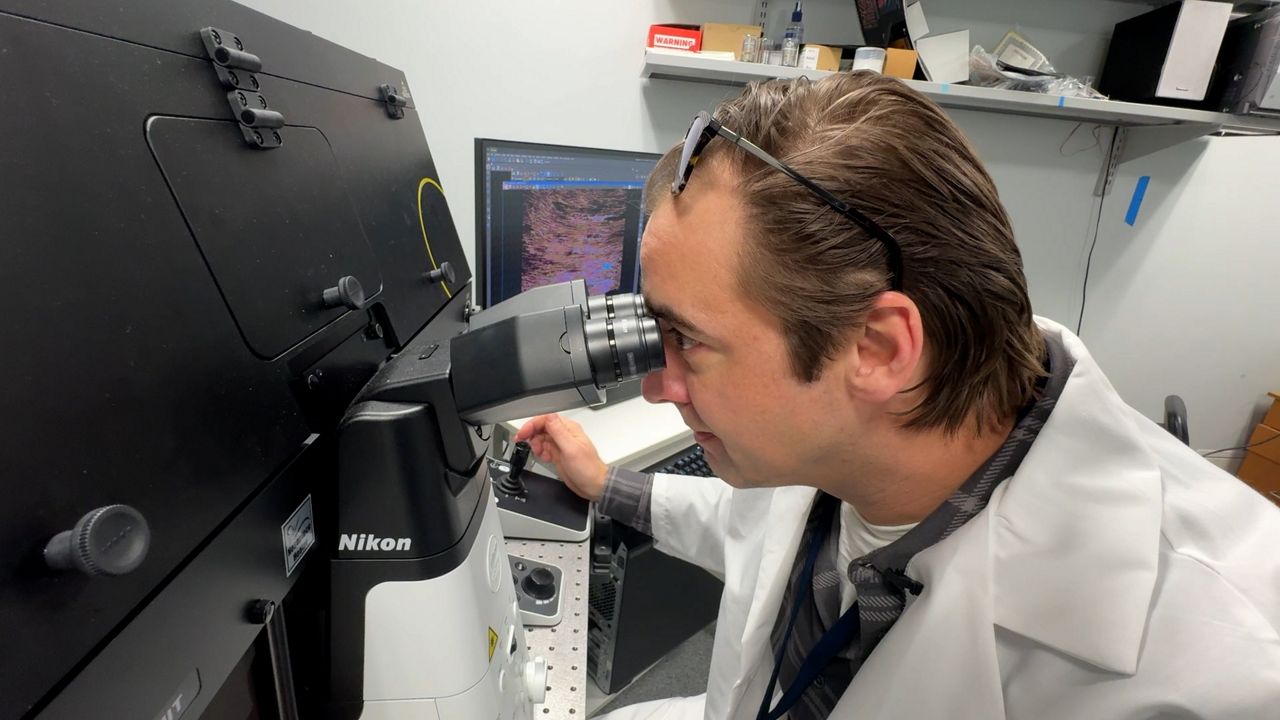This summer has seen hazier than usual skies due to wildfire smoke from Canada.
What’s the impact of this smoke on our health? The short answer is we don’t know yet.
Cornell University professor Max Zhang says smoke like this is unprecedented in New York so there isn’t enough data yet to quantify what the impact will be but it's expected to be high. Zhang is a professor of mechanical engineering and said our air has been impacted by Canadian wildfires before, but never to this extent.
“I would say this is likely to be a new norm. That’s why I think it's important we be prepared to protect ourselves," said Zhang.
When it comes to going outside on particularly smoky days, children, elderly and people with health conditions should wear a mask. But there is more than just our health to think about. Zhang is working with an interdisciplinary group at Cornell to discuss the potential impact on the economy (delayed flights); mental health (canceled events and staying inside); productivity (calling in sick to work) and the environment (wildlife).
“Really, to be honest, I would say there’s very little we can do as individuals besides protecting ourselves. Very passive in a way. Also, I think it's maybe a little bit too early to link this particular summer with climate change. But the long term trend is there," said Zhang.
Zhang said maybe a year from now, that interdisciplinary group will have more answers as to what the long term impacts will be in New York.
A study published by a different Cornell professor at the beginning of June says nationwide, smoke particulates from the wildfires could lead to between 4,000 and 9,000 premature deaths. The study also shows the wildfires could cost $36 billion to $82 billion per year.









)